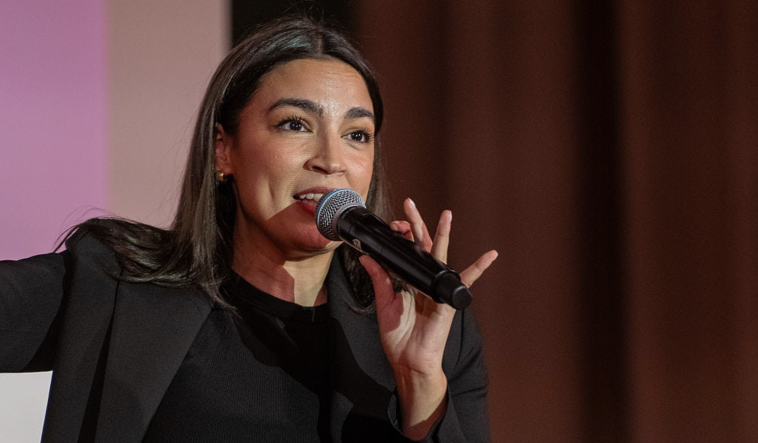Although formal penalties were not issued, the panel did attribute responsibility to Ocasio-Cortez’s former staffers, particularly her ex-campaign manager, who had attempted to significantly lower the dress cost and left other vendor bills outstanding for months. A hairstylist, whose $477 fee remained unpaid for nearly half a year, had reportedly threatened legal action before payment was processed.
Advertisement
Advertisement
The panel noted that most vendors only received payment after persistent efforts on their part, with some having considered legal channels to collect what was owed. As a result, subpoenas had to be issued, and the matter extended into a three-year probe.
Advertisement
The report further indicated that while intentional misconduct could not be confirmed, the violations still amounted to a failure in ethical compliance. A condition was set that Ocasio-Cortez must resolve the remaining balances, including a $250 reimbursement for her boyfriend’s dinner at the event and a payment of $2,733.28 to the designer, for the case to be closed without penalty.
Advertisement
Advertisement
House rules explicitly restrict members from accepting gifts, unless under limited exceptions, such as invitations by charitable organizations. In this instance, the invitation had reportedly been extended by Vogue editor Anna Wintour, not by the event’s official host, which may have placed the acceptance outside permissible boundaries.
Further complications were raised when a second invoice, totaling over $5,500, surfaced a year later. It included expenses tied to hotel accommodations, car services, and accessories for her companion, prompting additional scrutiny. The committee also expressed concern that the designer involved had failed to request payment up front, and it was noted that no clear explanation had been offered for this omission.
Advertisement
Advertisement
While the congresswoman’s team was said to have instructed vendors to keep expenses low due to financial limitations, the committee observed a general lack of cost-conscious behavior throughout the event’s preparation and aftermath. Vendors reportedly responded that expenses were typically covered for Met Gala guests, an assertion that did not align with the rules governing congressional conduct.
The committee ultimately concluded that Ocasio-Cortez’s participation in the event and the extended delay in resolving financial obligations stood in violation of both the House’s rules and its ethical standards. Closure of the case would depend on full repayment of the remaining outstanding amounts.




37 Comments